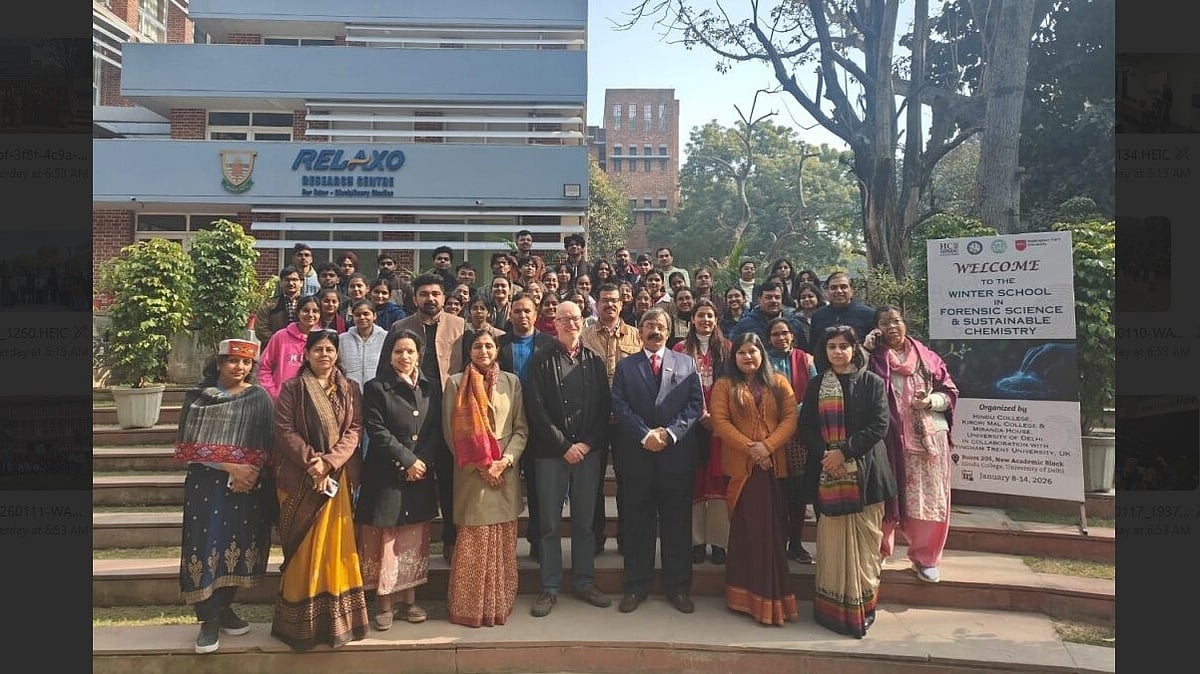The credit policy is always a closely followed event by everyone. For corporates it means the cost of borrowing for both investment as well as working capital. In case of individuals it is even more critical as their borrowing rates are directly linked with the repo rate in most cases due to the rule of linking the interest rate with external benchmark. For deposit holders, the repo rate acts as the prerequisite for banks to change their deposit rates and hence the action as well as language will be watched. For the market, the bond yields will be driven by what the RBI has to say. The government too follows the decision as the cost of borrowing in the coming months will be contingent on the action taken by the RBI. Therefore, credit policy is important for everyone in the country.
The Monetary Policy Committee which decides on action, is to be guided by the inflation number. While they have targeted 4%, the inflation rate has tended to be higher last year. This year it came down to 4.3% in May before rising to 4.8% in June. The numbers look benign mainly due to the high base effect of last year as inflation was high. This buffer will get diluted along the way and hence the possibility of inflation rising cannot be ruled out. In fact, RBI estimates for inflation in Q3 of the year is high at 5.4%. Therefore, it is reasonable to assume that inflation cannot be assumed to having come down and the MPC will tread cautiously here.

Growth on the other hand is expected to be better at 6.5% according to the RBI. Recently the IMF has upped its forecast for India from 5.9% to 6.1%. While this is not significant, it definitely indicates that the economy is on track and there is presently no reasons to suspect that things can go wrong. It may be recollected that the RBI had taken the view during the lockdown that it would do everything to ensure that growth was protected. This pressure is certainly not there this time.
Under these circumstances it does look like that the RBI will maintain status quo in the policy which means that the repo rate will remain at 6.5%. The stance too will continue to be ‘withdrawal of accommodation’. This can be interpreted as either there being surplus liquidity in the system that needs to be withdrawn or the fact that the real repo rate is just about right at around 1% (assuming that the inflation rate reaches 5.4% in Q3).
So what does this mean for the layman? One significant development since the last policy is that the RBI has revealed that the Rs 2000 note demonetisation has led to most of the notes being deposited with banks. This means that deposits have gotten a fillip due to exogenous reasons. Assuming that at least 80% of the Rs 4.6 lkh crore that was to be withdrawn would come in as deposits, banks really have less reason to raise rates any further. Therefore at the macro level rates on deposits will remain unchanged. At the micro level some banks may offer higher rates depending on the balancing of their asset maturities with liabilities. But in general a status quo is the best from the point of view of the deposit holder with a high probability of the deposit rates being lowered also being there. It has been seen the average deposit rates on fresh term deposits has come down in May over March and April.

The lending side however will reveal an anomaly. By regulation, loans to retail customers and MSEs (medium and small enterprises) are linked to an external benchmark. This has been the repo in most cases which means that retail loans which include mortgages are linked to this anchor rate. If the RBI maintains a status quo position, which is likely, then the lending rates cannot come down. Therefore the EMIs on home loans will continue as before.
However, for corporates who borrow based on the MCLR (marginal cost lending rate) things can be different. The MCLR is based on a cost plus formula. Hence if the cost of deposits comes down even marginally, there will be a tendency for the MCLR to also get reduced. This in turn will work to their benefit. This anomaly will remain given the way in which regulation has structured interest rates in the system.
Hence a status quo in policy will have a varied effect on customers of banks. In all likelihood this position will prevail for the rest of the year too. The rains have been good so far, but the inflation impact will be driven by how crop output and prices behave. Presently it has been seen that the prices of edible oils have started to increase. It is expected that the El Niño effect will shadow Indonesia later during the year which will pressurise prices of palm oil which India imports. Further, there has been excess rainfall in several states and there is news of rice crop being affected in the North West. Add to this the damage caused by the rains in Himachal Pradesh and parts of UP and Uttarakhand, and the horticulture crop has come under pressure with tomatoes already hurting.
Under these conditions, the RBI will not be in a hurry to turnaround the repo rate. The status quo will carry on definitely through the calendar year. A repo rate cut can be expected probably earliest in February of 2024 provided inflation remains benign over an extended period of time.
The author is Chief Economist, Bank of Baroda and author of ‘Corporate Quirks: The Darker Side of the Sun’. Views are personal





